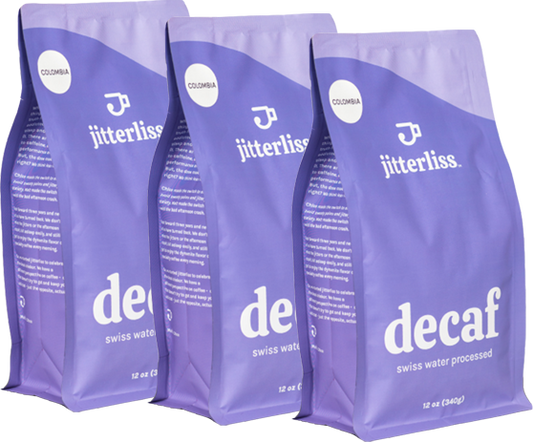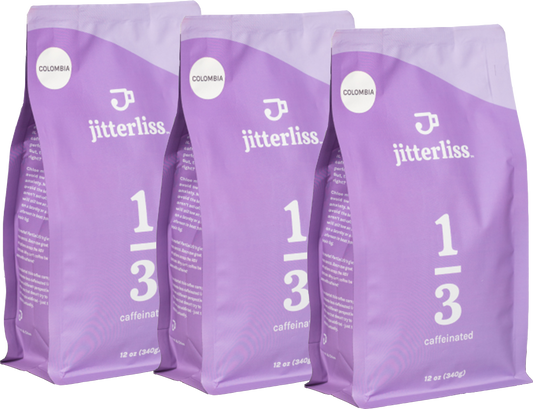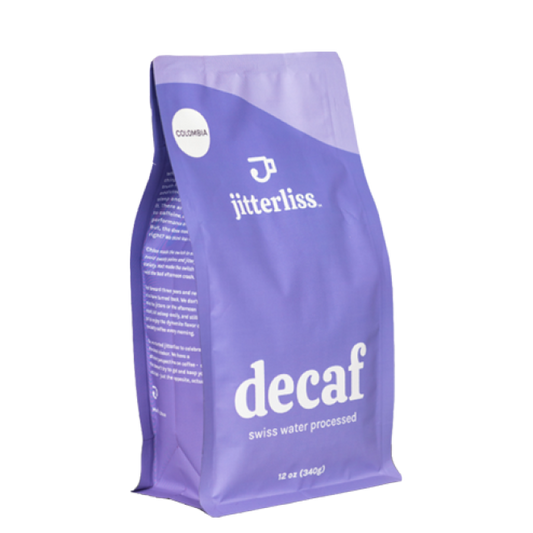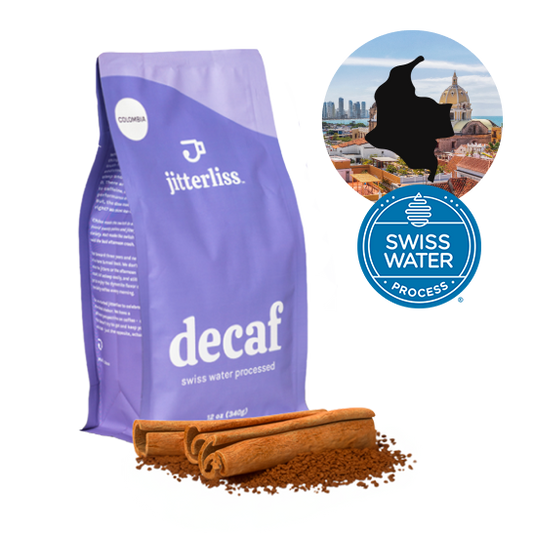Introduction (00:00:00)
- Decaf coffee is often disappointing and not as good as caffeinated coffee.
- Decaf drinkers are the purest of all coffee drinkers because they drink it for the taste, even though most decaf coffees are not that good.
- Decaf can be amazing and as enjoyable as caffeinated coffee if done right.
- Some people argue that the point of coffee is caffeine, but there's more to coffee than just caffeine.
- The goal of this discussion is to explore why decaf is often disappointing and how to make delicious decaf coffee at home.
Brief History of Decaf (00:01:51)
- In 1905, Ludwig Roselius, a coffee trader in Bremen, Germany, invented the first decaffeination process.
- Roselius's process involved soaking coffee beans in hot water and then using benzene as a solvent to extract the caffeine.
- Benzene was later found to be a carcinogen and is no longer used in decaffeination.
- The basic process of decaffeination today involves treating the coffee bean, using a solvent to extract the caffeine, and then roasting and drinking the remaining beans.
- Decaf coffee is often marketed as a healthier choice because it does not contain caffeine.
- Caffeine can have negative effects on some people, such as anxiety, insomnia, and headaches.
- Decaf coffee can be a good choice for people who are sensitive to caffeine or who want to reduce their caffeine intake.
- However, decaf coffee is not necessarily healthier than caffeinated coffee.
- Decaf coffee still contains calories and can contribute to weight gain if consumed in excess.
- It is important to consider overall diet and lifestyle when making choices about coffee consumption.
Decaffeination Processes (00:04:57)
- Decaffeination is the process of removing caffeine from coffee beans.
- There are three primary methods for decaffeinating coffee: the water process, methylene chloride, and supercritical carbon dioxide.
- The water process, also known as the Swiss Water Process, uses hot water to create a green coffee extract that is then used to decaffeinate fresh batches of coffee through equilibrium exchange.
- The methylene chloride method uses organic solvents like methylene chloride or ethyl acetate to dissolve and extract caffeine. Ethyl acetate, derived from sugarcane, is considered safer than methylene chloride.
- The supercritical carbon dioxide method involves using carbon dioxide in a specific temperature and pressure state to act like a liquid. When mixed with water, supercritical CO2 can selectively extract caffeine from coffee beans. This method is considered safe and does not raise the same concerns as other decaffeination solvents.
How Much Caffeine IS In Decaf (00:10:02)
- Decaffeinated coffee is not 100% caffeine-free.
- EU legislation states that decaffeinated coffee can have up to 0.3% caffeine by weight.
- Regular caffeinated coffee has 1-2% caffeine by weight.
- Decaf coffee typically has less than 20 milligrams of caffeine per 8-ounce cup.
- Espresso made with decaffeinated coffee has around 4 milligrams of caffeine per double shot.
Decaf & Health (00:12:06)
- Decaf coffee contains higher levels of chlorogenic acids compared to caffeinated coffee.
- Chlorogenic acids are polyphenols that are beneficial for gut health.
- Decaf coffee can provide the potential health benefits of coffee without the negative effects of caffeine.
- Decaf coffee is a good option for individuals who are sensitive to caffeine or experience sleep disturbances or anxiety from caffeine consumption.
Roasting Decaf (00:13:22)
- Decaf coffee often has roasting issues due to changes in the coffee bean's structure during decaffeination.
- The porous nature of decaf beans affects heat transfer, making it difficult to roast evenly.
- Decaf beans can appear darker on the outside but may not be as dark on the inside due to uneven roasting.
- Oils come to the surface more quickly in decaf beans, giving them a misleading appearance.
Decaf in Coffeeshops (00:15:30)
- Decaf coffee is more porous, allowing air and oxygen to penetrate the beans more easily.
- Decaf coffee stales faster than caffeinated coffee of similar roast levels due to increased oxidation.
Decaf At Home (00:15:55)
- Freshness is crucial for decaf coffee, especially dark roasts, as it can go stale quickly.
- Many cafes don't prioritize decaf, resulting in inconsistent quality and availability.
- Buying large bulk bags of decaf is not recommended as it compromises freshness.
- Freezing decaf beans is the best method to preserve their freshness.
- For the best taste, purchase decaf from a reputable roaster who cares about the quality of their decaf.
- Online coffee communities can provide recommendations for reliable roasters.
- Decaf coffee is a delightful beverage, but freshness is paramount.
- The brewing process for decaf coffee differs from other types of coffee.
- Decaf coffee is an excellent choice for individuals seeking to enjoy coffee without caffeine, particularly in the afternoon.




